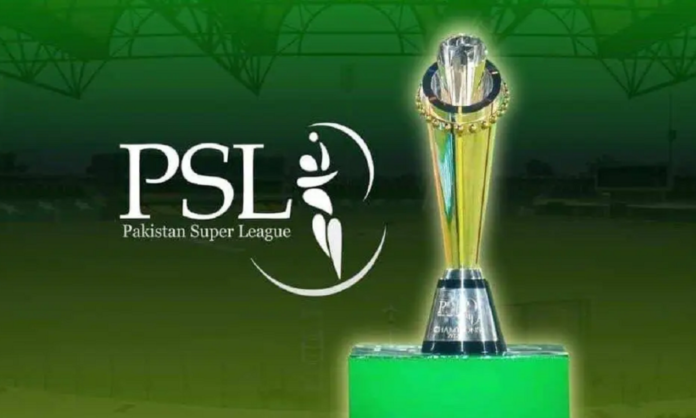The eighth iteration of the Pakistan Super League (PSL) has delivered an impressive financial performance, amassing revenues in excess of PKR 5 billion. This information comes as the unaudited details of the Central Pool’s financial outcome are disclosed.
In an agreement dubbed as ‘5-95’ between the Pakistan Cricket Board (PCB) and the franchises, the earnings are divided such that PCB takes a 5% cut, while the franchises bag the hefty 95%. This allocation method underscores the pivotal role franchises play in driving the league’s financial success.
Revenue streams contributing to this outstanding achievement include broadcasting rights, title sponsorship, gate receipts, and other miscellaneous rights. The revenue total clocks in at an impressive Rs5.62 billion, out of which PCB’s share is Rs582,534,480, and the collective franchises’ share stands at Rs5,046,776,989.
Upon division among the six participating franchises, each team is looking at an individual windfall of approximately Rs841,129,498.
A substantial contributor to this fiscal feat is the revenue gathered from the television broadcasting deal. This deal spans across domestic and international markets, demonstrating the PSL’s broad viewer appeal and market reach. From Pakistan alone, the broadcasting rights have reeled in a revenue of Rs2,175,393,394, whereas the international market contributed an additional Rs402,824,378.
Read More: Foreign Ministry Evaluates Safety Ahead of Cricket World Cup 2023 Amid Rising Tensions
Despite having to cover production costs and franchise fees, most franchises are expected to register profits this year. Their profitability is significantly supplemented through their sponsorship deals with various brands. However, it is anticipated that Multan Sultans will face a deficit due to their elevated franchise fees.
The PCB, on its part, rakes in billions of rupees via the franchise fees from the Pakistan Super League. But the situation is not all rosy; dissatisfaction has emerged among the franchisees over some financial aspects, including the ticketing system. This points to the need for dialogue and transparency to ensure continued participation and enthusiasm in future seasons of the PSL.

